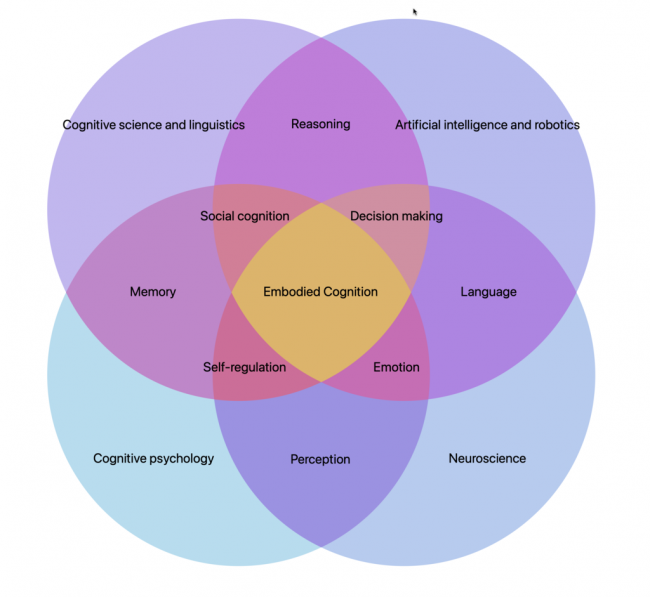SAFER THURSDAY LUNCH SEMINAR: TWO SAFER PRE-STUDIES
Welcome to SAFER Thursday lunch & networking seminar! This week we will hear presentations on two SAFER Pre-Studies, OpenBike-CD & Embodied Cognition.
OpenBike-CD
Speaker: Ary P. Silvano, VTI
We are witnessing rapid changes in the transport landscape that have resulted in a gap between the quality of data available and what is needed from stakeholders. Therefore, this pre-study aims to increase the knowledge about bicycle flow by, together with stakeholders and the industry, identify and define: (i) data needs for better planning; (ii) data collection activities; and (iii) research and cooperation possibilities. To answer these questions a series of digital interviews and e-mail questionnaires were conducted with relevant stakeholders and industry actors.
The results show that to better plan for bicycling, stakeholders need more detailed bicycling data, meaning that they need to know the type of bicycle, bicyclists’ socio-demographics, and route choice. Ideally, stakeholders need to know how the bicycling flow/exposure is changing over time, which means they need to follow the percentage share of each type of bicycle (e.g., e-scooters, e-bikes, cargo-bikes), the percentage share of different bicyclists’ groups (e.g., age, gender), and which links/streets are used the most.
The bicycle flow-counting industry is trying to cope with and adapt to the rapid changes in the transport landscape and can today mainly classify e-scooters with 3D cameras, with a good degree of accuracy. Other types of bicycles are more challenging to classify, as many different branches exists, and new models are being introduced almost every year. Bicyclists’ socio-demographics variables are disregarded, with GDPR as a great concern or barrier to deal with. The car industry, however, focuses on detecting bicyclists in time at crosswalks/crossings and on right-turn maneuvers, with challenges in detecting bicyclists at adverse weather conditions, e.g., darkness, twilight. Furthermore, there is also a need to vary approaching angles and detection distances, when bicyclists interact with vehicles, so the car industry can train its detection algorithms in a range of real-life scenarios.
We see a need for stakeholders (e.g., road administration, municipalities) and the bicycle flow-counting industry to establish a closer dialog to drive the technological developments in the right direction. For example, a data priority list from stakeholders may guide and incentivize the industry to develop new products or services, that are urgently needed by the market.
Embodied Cognition
Speaker: Henrik Svensson, University of Skövde
This pre-study have explored how the embodied cognition (EC) approach can provide additional and alternative solutions for increased traffic safety in semi-automated vehicles by means of interactive seminars which brings together theory (and theorists) and practice (and practitioners).
Using a broad interpretation of EC, we have included theoretical perspectives that address: (1) the situated and sensori-motoric nature of humans, emphasizing the “here and now” as well as how a particular physical embodiment affects cognition and control, (2) the view cognition is for action rather than viewing humans as passive and sequential information processors, and (3) the distributed nature of cognition in which the social and material environment is part of the cognitive system and that humans often adapt to as well as act to change the social and material environment to support perception and action.
Through analysis of the literature on embodied cognition and three interactive workshops with a group of practitioners from the automotive industry and representatives from academia with expertise in embodied cognition we derived eight (embodied cognition inspired) design proposals for autonomous vehicles. Each proposal was structured as follows: a descriptive title, description of the proposal, theoretical motivation, and references to relevant literature on the topic. We have also added a scale indicating the novelty, applicability, usefulness and applicable AD level.
___________________________________________________________
All SAFER Thursday lunch seminars will be held at the SAFER office and online, via Microsoft Teams, exclusively for SAFER partners.
Missing your invitation, Please contact Mikael von Redlich.

